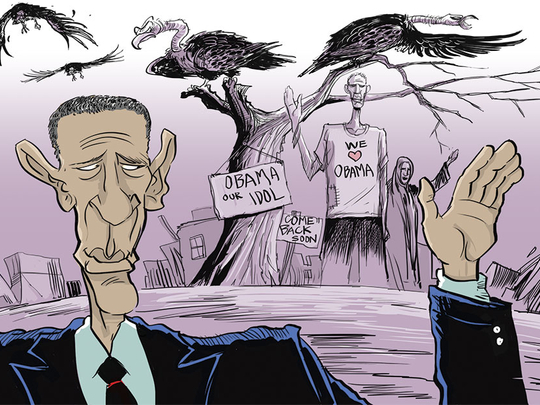
US President Barack Obama’s decision to take Cuba off America’s list of state sponsors of terrorism has a perverse argument to it. For 50 years, Cubans have suffered from a trade embargo imposed on them and suddenly they are now free of all charges after Washington, in its wisdom, concluded that Havana “had not provided any support for international terrorism over the past months” and because the Cuban government “had provided assurances that it will not support acts of international terrorism in the future”.
Obama has conveniently interpreted Cuba’s reiteration that it “rejects and condemns all charges of terrorism in all its forms and any action to support, finance or cover up terrorist acts” to facilitate his decision. This also implies that, in essence, Cuba has been at the receiving end of a great disservice in the past. It seems like a case of too little, too late in terms of justice delivered. The irony notwithstanding, the historic decision to open up all channels with Cuba will have huge implications for trade, financial transactions, banking relations, tax regulation and diplomatic immunity for government officials.
Trust between the two states should return, albeit gradually. The Cuban economy will be boosted by a fresh injection of funds from banks and other financial institutions since it is impossible to have financial relationships with a state that has been labelled as a sponsor of terrorism. The immediate priority is for both countries to smoothen the sticking points of stalled accords and get quickly down to business to make up for lost time.








